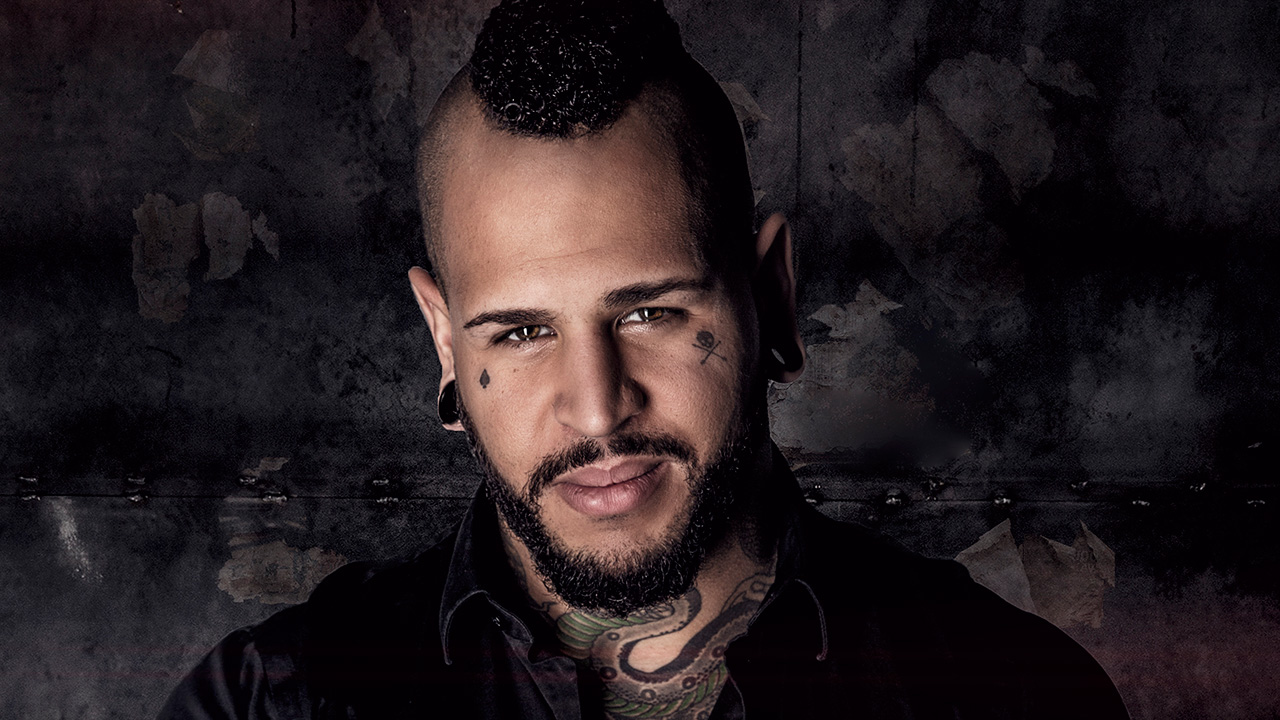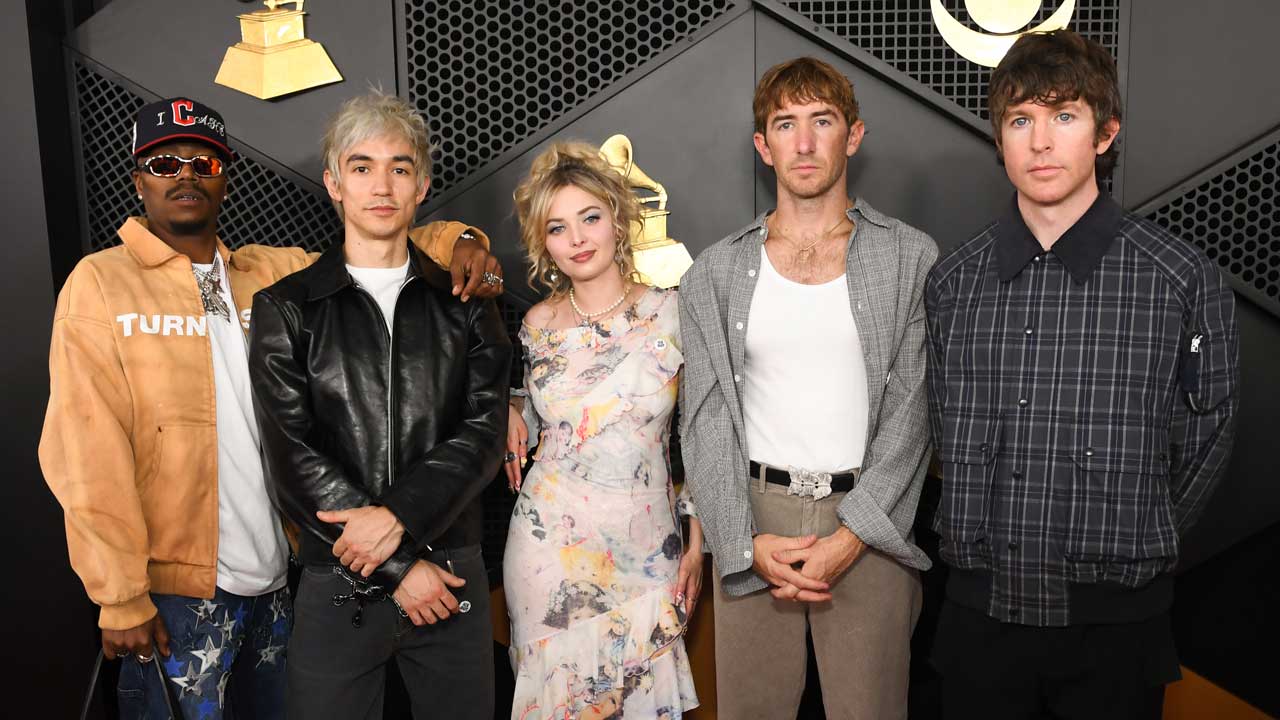Hey Tommy Vext: just because you’ve never seen racism, it doesn’t mean it’s not there
Tommy Vext's recent denial of racism in America is confused and misplaced

Bad Wolves vocalist Tommy Vext recently posted on Instagram a video of his thoughts on the current uprisings. In it, he shared some debunked and mildly anti-Semitic conspiracy theories (eg that Jewish billionaire George Soros is funding Antifa) and claimed that the media is “cherry picking” the coverage they air.
But what was most egregious about Vext’s post was this comment: “There’s a huge fucking problem going on where we have turned into citizens policing other citizens over a veil of racism that doesn’t exist... I’ve spent 20 years traveling through 48 states and, how many countries? I don’t know, let’s say 50 countries all over the world. We don’t have a problem with race here. It’s all manufactured.”
Congratulations Tommy! You’re the first black American to have never experienced racism! If all this wasn’t confusing enough, Vext told Kerrang! in 2018 that police brutality and "the kind of subversive underlying veneer of racism that we’re seeing a resurgence of" were two of the themes featured on the band's debut album, Disobey.
So racism is both resurgent *and* doesn’t exist? C’mon.
If we weren’t living in an era where we all have to worry about a global pandemic and heightened racial tensions, I might have just dismissed Vext’s opinion as confused ramblings. But the timing of them could mean that his words might have more power than they should. It’s not surprising that many metal fans don’t want to hear that their scene can also be racist. They don’t want to look deeper and acknowledge that *any music* created within an environment where systemic and institutional racism runs rampant, will be impacted by racist policies, practices, and people.
The longer it takes for them to acknowledge it, the less things will change. Skin, the Caribbean-British singer of Skunk Anansie once told me how difficult it was for the band to be marketed as a hard rock or alternative band because her image was prominently placed in all of the promotional materials. On their first trip to America in the early 1990s, they were dismayed to enter a record store and see their album placed in the Rhythm and Blues section. Music journalist Kim Gill, who writes for Ghost Cult Magazine and runs a YouTube Channel featuring interviews with metal acts and commentary, tells me that despite being entrenched in New York’s metal scene for years, her views are constantly challenged simply because of who the messenger is. The fact that a young black woman has an opinion is seen as a threat.
Vext has chosen a path that unfortunately, other black and POC metal musicians within a predominately white, straight and male scene have also taken, which is to deny that racism exists – but more often, remain silent for fear that their white fanbase will be turned off. Fine. But ultimately, it doesn’t work.
Sign up below to get the latest from Metal Hammer, plus exclusive special offers, direct to your inbox!
Why? Because this attitude is a lie. Not only are they lying to themselves, but they are trying to create a reality that while they are capable, talented musicians, their race will somehow be a non-issue because they are good at what they do. The action/inaction of not “seeing” racism depends on lived experience: if you have never personally experienced discrimination because of anti-black racism, why would you think your opinion about racism in metal would be seen as a valid one?
Maybe instead it’d be more useful to listen to those who say they *have* experienced it? While I disagree with putting in emotional labor to “educate” people who, if they cared, would educate themselves, Fire From The Gods vocalist AJ Channer believes that this is the only way to get people to change their thoughts about inclusivity in metal. “I’ve been called everything under the sun,” he told Consequence Of Sound. “I’ve been called the N-word. I’ve been told, ‘What does that motherf**ker know?’ I’ve dealt with it all… If we can educate people on who we are and learn about who they are, then we can find some commonality and resolution.”
Vext’s post has since been removed, but he attempted to clarify his position: “I am in no way a political scientist or sociologist and have no authority on the subject… After several conversations with fellow artist/ thought leaders in the African American community I can see the insensitive timing of sharing such theories.” In his response to Vext’s post, his bandmate, guitarist Doc Coyle (who disagreed with him) writes, “I want our message to be one of inclusion and positivity because that’s what I truly believe in.”
That's the way it should be for the overall metal scene, but it isn’t. Not yet.
Laina Dawes is the author of What Are You Doing Here? A Black Woman's Life and Liberation in Heavy Metal
